Addiction may be a fairly modern issue compared to the timeline of traditional psychedelic use, but psychedelics have been used in the treatment of addiction by various religious groups. The peyote cactus, containing the psychoactive compound mescaline, has been a critical part of Native American Church healing ceremonies.
Alcoholism is a big problem for Native American communities, and peyote plays a big role in ceremonies aimed at treating addiction – the psychedelic plant helps sufferers clearly see the damage caused by their addiction and provides a unique opportunity for introspection. Similarly, religious groups like the UDV have been using the psychedelic brew ayahuasca to treat addiction, especially to alcohol, for decades.
There is a substantial amount of evidence to suggest that psychedelics are an effective treatment for addiction when used in a guided therapeutic setting. Here we’ll break down the scientific evidence for various psychedelic substances in the treatment of different forms of addiction.
LSD
Most of the studies using LSD to treat addiction were performed in the 60s and 70s before prohibition destroyed any hope of continuing research. Luckily, the results are still there to be analyzed, which is exactly what Krebs & Johansen decided to do. They gathered the results of six trials from the 60s and 70s that attempted to use LSD to treat alcoholism on hundreds of patients. Although the trials were very different, and sometimes unethical (some patients were strapped to a bed and not told they were being given LSD!), they were all randomized and had control groups. Krebs & Johansen found that, when all six trials were pooled together, LSD seemed to significantly improve alcohol abstinence for at least 12 months. So even though these studies are very old, sometimes odd, and often not ideal, they demonstrated that LSD could treat addiction better than any currently available drug.
They gathered the results of six trials from the 60s and 70s that attempted to use LSD to treat alcoholism on hundreds of patients. Although the trials were very different, and sometimes unethical (some patients were strapped to a bed and not told they were being given LSD!), they were all randomized and had control groups. Krebs & Johansen found that, when all six trials were pooled together, LSD improved alcohol abstinence for at least 12 months. So even though these studies are very old, sometimes odd, and often not ideal, they demonstrated that LSD could treat addiction better than any currently available drug.
Similarly, studies from 1965 and 1973 have looked at using LSD to treat opiate addiction, and although they weren’t perfectly designed, they showed the potential of using psychedelics to help people addicted to strong painkillers. In 1965, Ludwig & Levine treated 70 drug addicts with various therapies, including LSD hypnosis (with 140ug of LSD). Patients treated with LSD hypnosis (‘hypnodelics’) had significant improvements in addiction scores compared to the other therapies, after 2 months. In 1973, Savage & McCabe took 78 heroin-addicted prisoners and put half of them through LSD-based psychedelic therapy (using a high dose of 300-500ug LSD), then put all addicts through a typical outpatient abstinence-based program. They found that the addicts treated with LSD had significantly better abstinence scores in the following year (25% abstinence compared to 5% abstinence, respectively). In terms of study design, both of these trials leave a lot to be desired; but nevertheless, give us a promising glimpse at LSD’s potential anti-addictive properties.
Unfortunately, there have been no modern trials on LSD and addiction, but watch this space – it’s only a matter of time.
“These studies demonstrate that LSD could treat addiction better than any currently available drug.”
PSILOCYBIN
The most promising studies on psilocybin are focused on treating nicotine addiction. Roland Griffiths and his colleagues undertook a pilot study in 2014, recruiting 15 heavy smokers who had attempted to quit many times. The smokers went through a 15-week long psychotherapy course including three doses of psilocybin (30mg), and after six months, 80% of the participants were abstinent from smoking. A follow-up study from the same group found that 16 months after the therapy, 60% of the participants were still abstinent. Although there was no control group in this trial, a 60% abstinence rate is significantly higher than the 30% abstinence found in similar trials of other treatments after 12 months. An interesting aspect of this trial is that the mystical aspect of the psilocybin experiences seemed to be a requirement for smokers to quit successfully; suggesting that the spiritual and perceptual changes induced by psilocybin could be its main mechanism of action.
Recently, a preliminary trial into the psilocybin-assisted treatment of alcoholism has produced some promising results. Ten people suffering from alcoholism were given a course of psilocybin treatment (28mg) that significantly reduced their drinking over the next six months. Unfortunately, as this was a very small pilot study with no control group, the results don’t hold a huge amount of weight – but it at least shows that psilocybin is a safe potential therapy for alcoholism.
AYAHUASCA
There have been no controlled trials of ayahuasca’s efficacy in treating addiction. However, there are several interesting surveys of regular ayahuasca users that suggest this psychoactive brew may be a potent anti-addictive substance.
One study of regular ayahuasca users found that they are considerably less likely to become addicted to alcohol and other drugs compared to non-users. The survey took into account both isolated communities and urban communities and found similar anti-addictive effects of ayahuasca in both.
Another survey of religious ayahuasca users (belonging to the Santo Daime church in the US) found that almost all of those who had previously had substance abuse issues were now addiction free. Although it’s likely that their church’s abstinence policy was a factor in this phenomenon, the participants all claimed that the substance itself was crucial in their recovery.
Adolescent members of a Brazilian ayahuasca church were found to be less likely to consume alcohol than non-ayahuasca using controls in a 2005 survey. Again, it’s possible that the religious context alone was responsible for this effect, but it’s more likely that such effects are due to the powerful psychoactive brew.
An observational study of participants in a rural ayahuasca ceremony in Canada adds more gas to the fire. Twelve people with problem substance abuse undertook a four-day long course involving two ayahuasca ceremonies. The attendants reported psychospiritual improvements and reductions in substance use, especially alcohol and cocaine, for several months following the course.
Finally, a recent study in mice showed that ayahuasca protects against behavioral sensitization to alcohol. Mice were given varying doses of ayahuasca (from 30-500mg/kg) before being injected with alcohol. All doses of ayahuasca significantly reduced the mice’s response to alcohol, suggesting that they were less likely to exhibit addictive behavior.
“Ayahuasca users are considerably less likely to become addicted to alcohol and other drugs compared to non-users. ”
PEYOTE
Similarly to ayahuasca, no controlled trials on peyote’s anti-addictive effects have been carried out. However, it has been used for decades in Native American Church healing rituals, specifically for the treatment of alcoholism and other drug dependence. It’s been suggested that the introspection and perspective shift caused by peyote consumption is a crucial part of the sobriety-inducing effects of the rituals.
IBOGAINE
Ibogaine is a naturally occurring hallucinogen found in various shrubs in Africa. It’s been used traditionally in Gabian initiation rites, and more recently as a treatment for addiction. Various treatment centers have opened up in America and Europe, claiming that ibogaine can eliminate withdrawal symptoms and reduce cravings in addicts. Although there have been no controlled trials of ibogaine’s anti-addictive properties, several studies have shown that just one treatment session with ibogaine can produce abstinence for up to 12 months in most addicts.
Click here to read more about the use of ibogaine to treat addiction.
NOTE: Ibogaine can cause heart failure in people with pre-existing heart conditions. Do not take ibogaine if you have a heart condition, and never mix ibogaine with other drugs.
SALVIA
This unusual psychedelic has not been used traditionally as an anti-addictive substance – possible because of the relative isolation of the Mazatec people that most frequently use it in religious rituals. But an animal study from 2009 has shown that Salvia divinorum could be a potent anti-addictive treatment, effectively preventing rats from becoming addicted to cocaine compared to control rats. As a result, research groups have been attempting to develop anti-addiction drugs from compounds found in Salvia divinorum.
HOW CAN THIS INFORMATION HELP YOU?
If you’re suffering from addiction, it’s possible that you haven’t found success with contemporary medicines or therapy. It’s likely that psychedelic therapy can provide you with a unique perspective on your suffering that other medicines cannot. If you don’t want to take a massive dose of LSD, read one of our guides on microdosing that could change your life for the better.
Curious about supporting your mental health through psychedelics? Check out Third Wave’s vetted directory of psychedelic therapists.

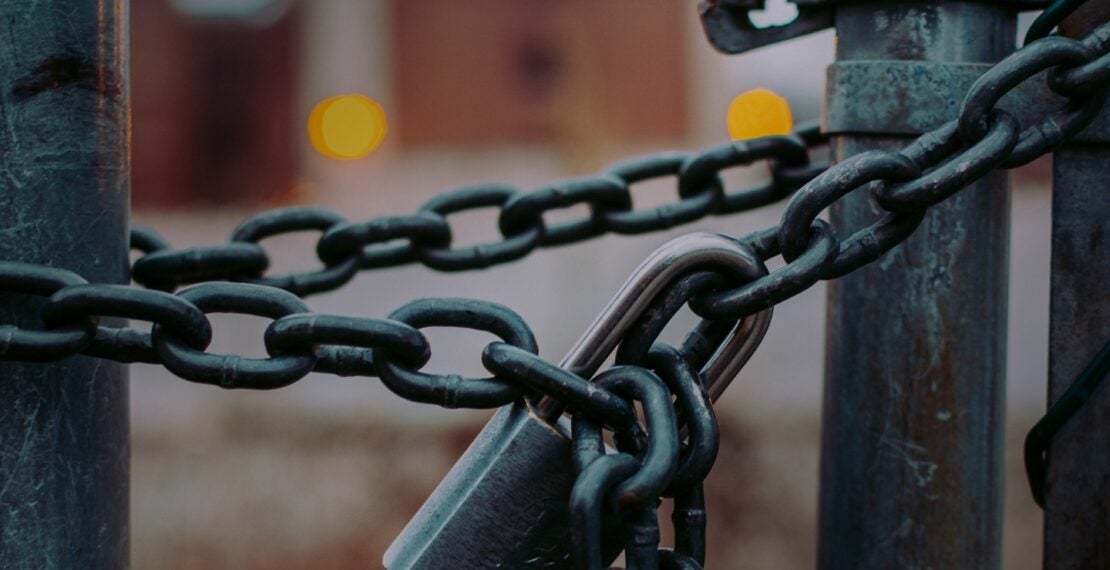
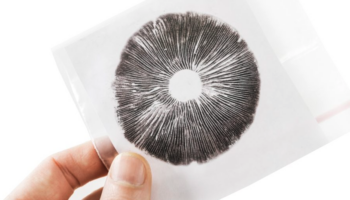


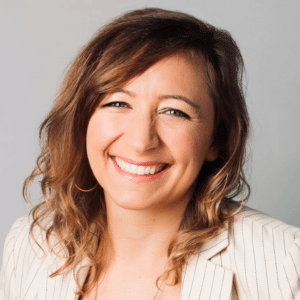
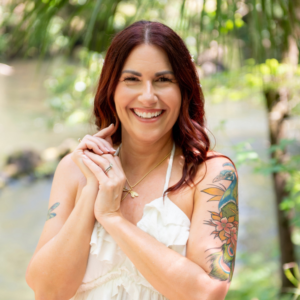
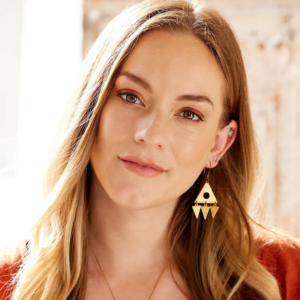
There are people having success using psilocybe to treat opiate addiction. I spoke with one person who used mding truffles to get off opiates. With success! Apparently a research organisation called heffers or heffters, that is going to do research on using psilocybe for opiate addiction. I am hoping to find more info on the subject. It looks promising, especially because it is easily available compared to ibogaine. No risk of over harvesting as long as you grow it yourself ( unlike iboga) and also seems much safer compared to the risks of having heart problems or dying with iboga/ine. Even though I heard from the research org. mentioned above, that a risk of overdose after treatment were real just as for ibogaine.
Absolutely! The Heffter Institute, based in New Mexico, have organized and continue to conduct multiple studies looking into the use of psychedelics to treat addictions (ranging from alcohol, opioids to cocaine). Here is an outline of their current research:
https://heffter.org/addiction/
HI Just wondering what MDING truiffles are, mentioned in your statement. Thanks.
I wish I could get into one of these studies, I could probably kick my opiate addiction with a little couseling and psycilocyben. I am seriously considering growing my own, and then when I have a supply, getting some counseling, a sort of DIY approach. I’d have someone to turn to if I got too weird. But I live in redneck bible belt East Texas ; trying to find any help around here that would understand this idea of mine is like trying to find mushrooms in a parking lot!
I’ve heard and read a lot about this and it fascinates me.
I know a lot of people who have successfully quit smoking using psychedelics. I find it very interesting.
I have a bag of them in my safe (obvi to keep safely away from anyone and any child in my household)
But I’m wondering it they would help with the withdrawals of opiates …?
Anyone know ?
I k ow they help with the aftermath of the depression that comes along with quoting any substance of course. But right now I am 3days in on my cold turkey plan to get off of Oxys. I’m also i Canada. It’s brutal right now.
I’m loosing my mind.
Normally I would use Valium to help with the withdrawals which help tremendously as anyone who has gone thru this befor already knows. But I don’t want t do that this time. There to mentally addictive.
Has anyone had any success during the withdrawal process of opiets or any other substance for that matter with micro dosing with Mushrooms during the first week of your withdrawal process ?
Please get back to me as I feel I am dyyyyyying right now.
I know I’m not actually by the feeling I think is almost worse then death itself. Anyone who has gone they any type of serious substance withdrawal will definitely know what I’m talking about lol.
I’ve micro doses befor with mushrooms and it’s just made me feel happy chilled not intoxicated once so ever so I feel it might help during the day. But not sure as far as withdrawals go and definitely don’t think it will help with the insomnia portion of these withdrawals if ya know what I mean.
Any help or guidance and information is so appreciated.
Thanks so much
Lux 🙂
I cannot wait to see what mushrooms can offer in the future of medicine. I hope that this magical plant would not be abused and misused. Everything, if used properly and moderately proves to be beneficial. Thank you for sharing and spreading awareness!
Definitely helps with addiction. Your ability to spell correctly is another matter.
What a concerning idea of giving addicts more drugs. Personal growth and change takes a lot of commitment and discomfort, there is not a always an easy solution for problems.